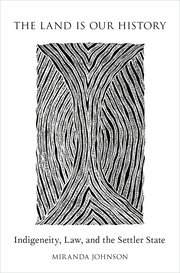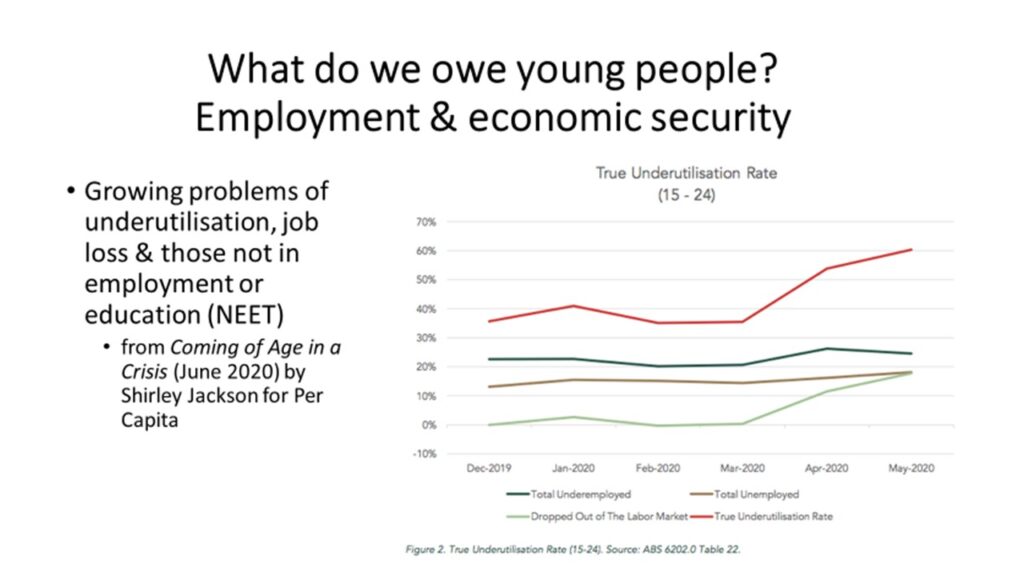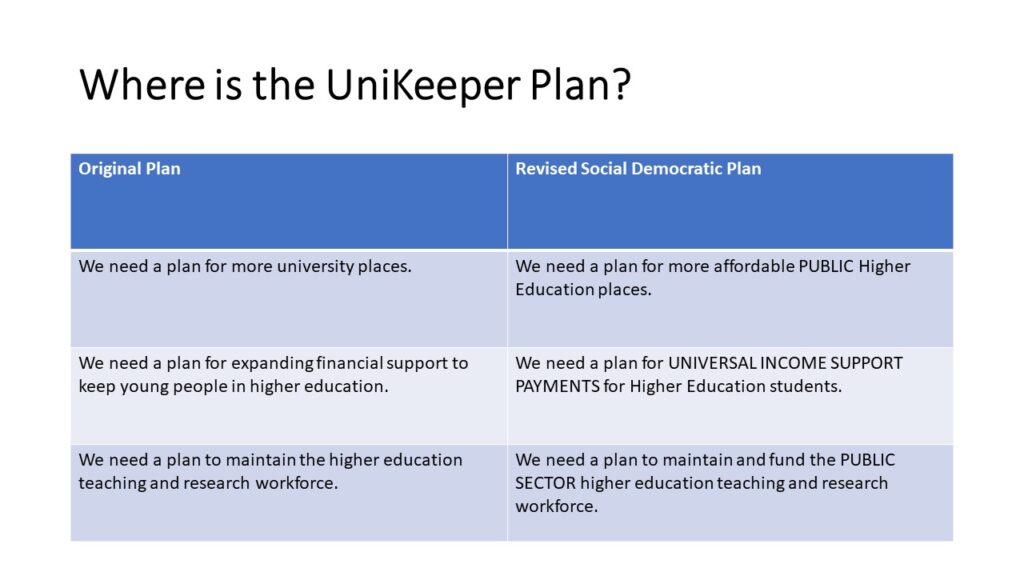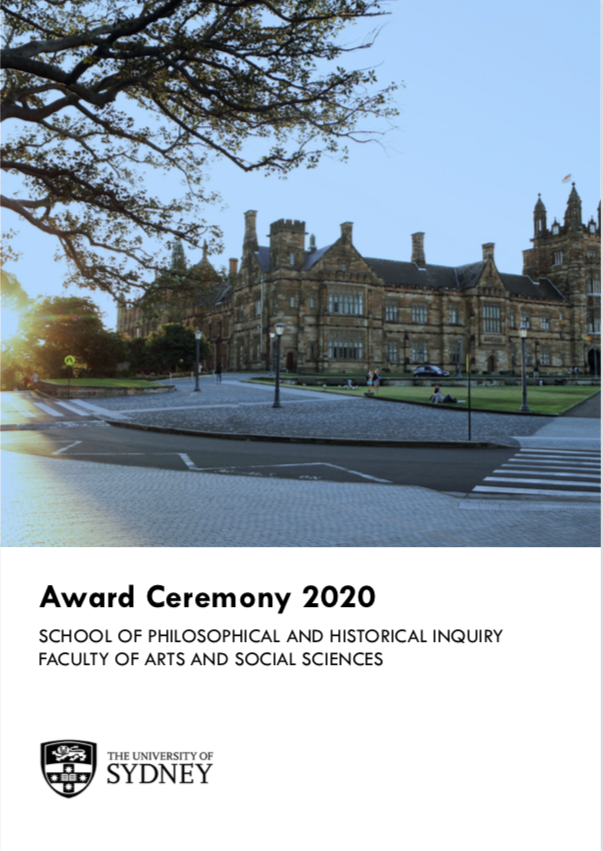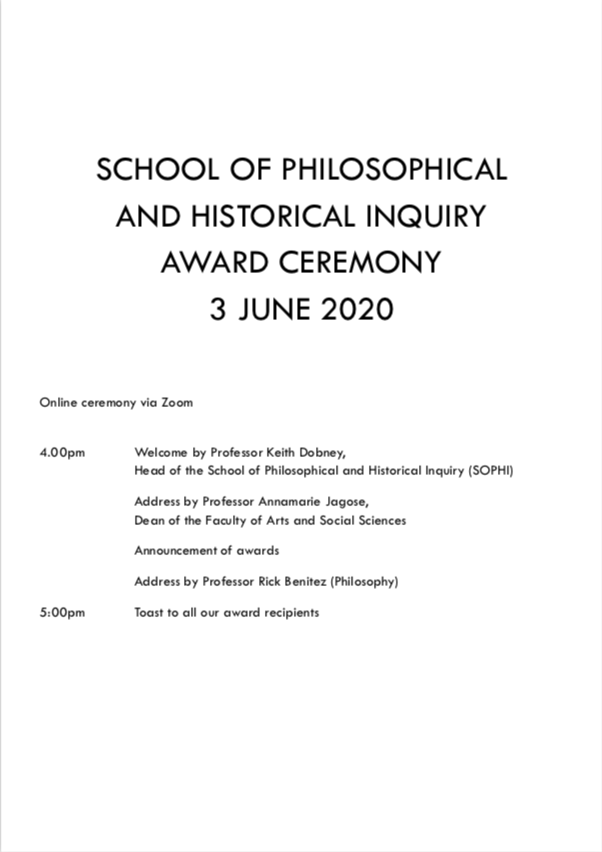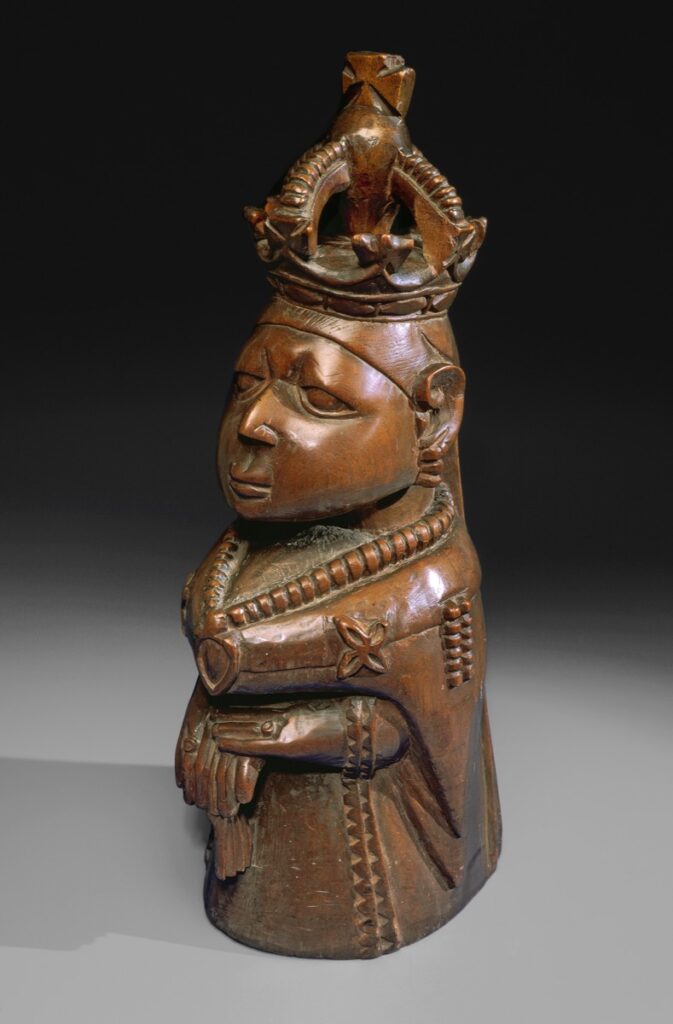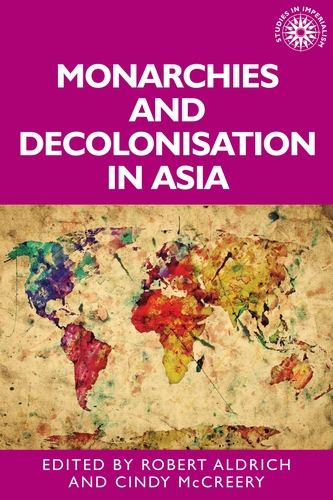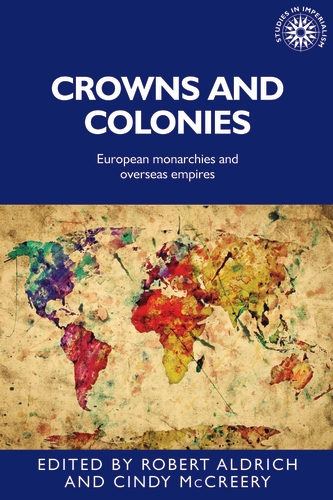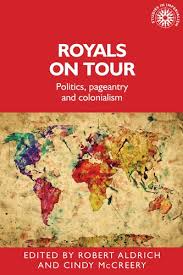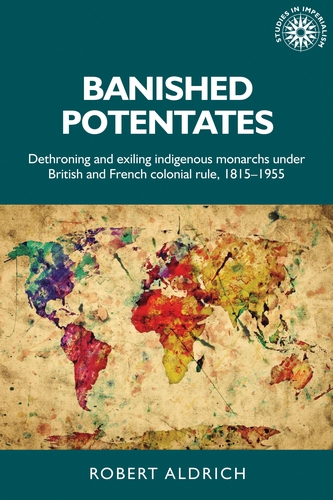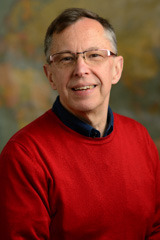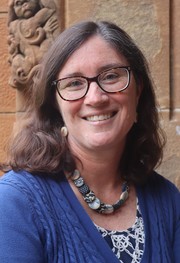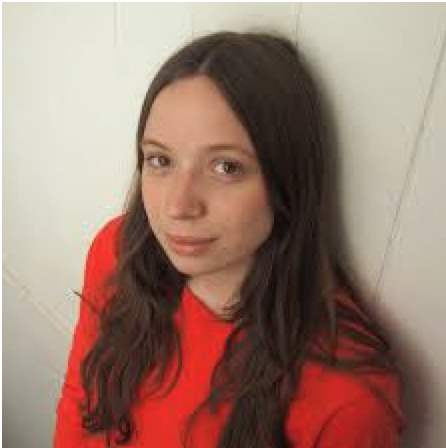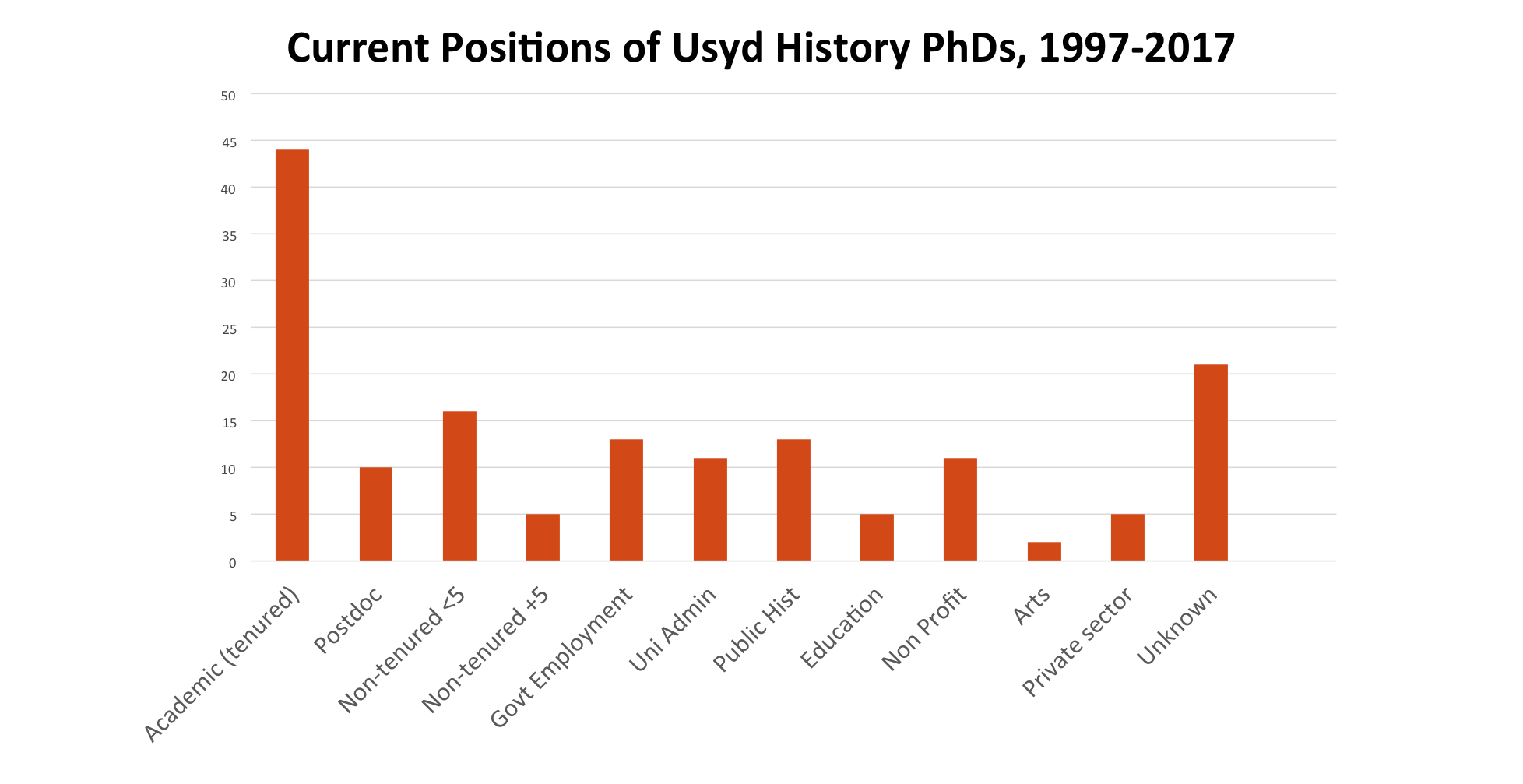By Professor James Curran
It is with great sadness that I inform you that our former colleague and friend, Neville Meaney, passed away on Sunday. He was a scholar, historian and mentor to many, including myself. Neville was appointed to teach American history here in 1962 after doing his PhD at Duke: he retired in 2006. His contribution to the intellectual life of the university, to the department, to his field and indeed to the country is vast.
Neville’s scholarship on Australian foreign and defence policy in particular towers above the rest – his work on the period 1901-1923 is nothing short of magisterial and his account of Australia and the First World War, published in 2010, is the best treatment of the subject. It was in many ways his magnum opus. His documentary history of Australia and the World, his work on Australia-Japanese relations and his many articles and reviews on Australia and America’s relations with the world broke new ground. His article on ‘Britishness and Australian nationalism’ in Australian Historical Studies in April 2001 is still one of the most frequently downloaded pieces in that journal. And his courses on the American national myth, US foreign policy, Australian foreign policy and Australian political culture inspired several generations of students who went on to either academic careers or senior positions in the Australian public service, including in the Department of Foreign Affairs.
In our introduction to an edited collection of his most important articles, Stuart Ward (who also studied under Neville) and I wrote:
“We first encountered Neville in the 1990s—a decade where Australian political history was in abatement and a new cultural history was making rapid headway. Neville was untroubled by the demise of the old diplomatic history, recognising that international relations needed anchoring in the broader political culture of the nation, and required more than a faithful account of meetings, cables and policy briefs from the archival coal face. Its value and potential were diminished if treated as a limited sub-specialization. But he was sufficiently old-fashioned to believe that the past held out themes of defining significance; that not everything was ‘contested’ or ‘unstable’, and that the study of politics and ideas remained a valuable point of entry into the national psyche. More to the point, he saw politics and international relations, not as a cul-de-sac of elite mannerisms, but as an extension of wider social, intellectual and cultural trends, particularly in democratic societies where political leaders are obliged to seek a popular mandate”
Neville was also active across all areas of academic life – as but one example in 1976 he was president of the SAUT (Sydney Association of University Teachers) the quasi-union body that represented academics. A brilliant tennis player and accomplished pianist, he had also – while an undergraduate at Adelaide – represented Australian Universities in Hockey.
His devotion to his students was legendary: Neville hosted postgraduate seminars at his home once a month that were occasions of great conviviality and indeed great rigour. It was where arguments and hypotheses were advanced, tested and subjected to scrutiny – mostly after bowls of Irish stew (which he made) and incredibly good red wine from his well-stocked, and terrifically well-chosen, cellar.
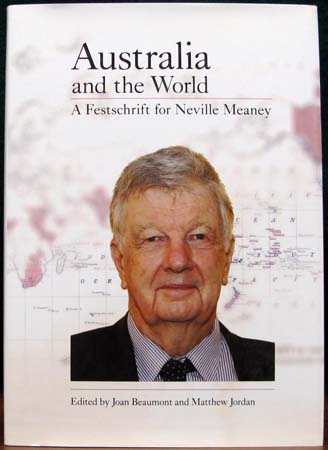
He will be greatly missed.
Neville’s funeral will be held at Macquarie Park Cemetery in the Camellia chapel on Tuesday 8 June at 2pm. I will be delivering a eulogy on his academic career at the service, and my column in the Australian Financial Review on Monday 7 June will be dedicated to his profound influence on Australian intellectual and public life.
There will be a wake at Sydney University in the Holme building from 6pm that same day, 8 June.
James
James Curran
Professor of Modern History
University of Sydney



